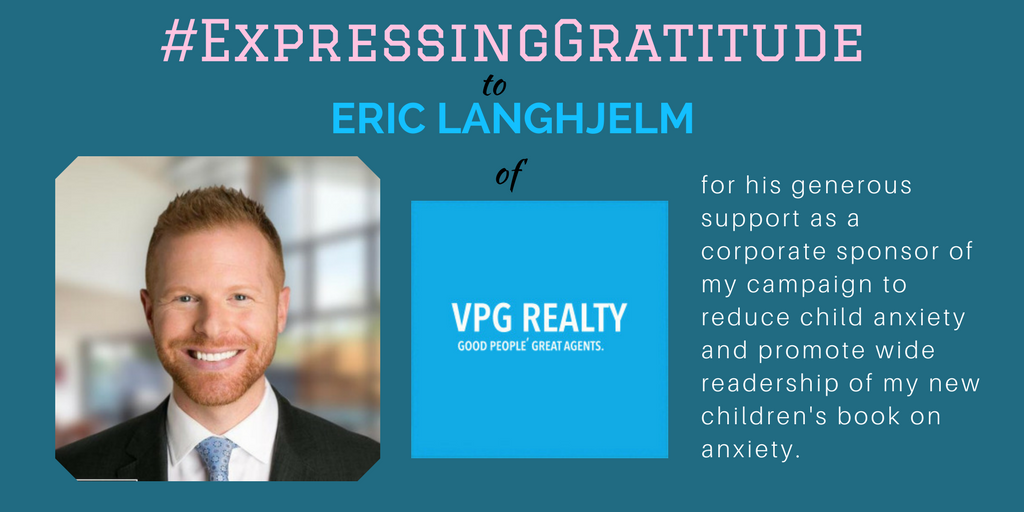 Today, I’m delighted to share, with permission from and gratefulness to “Jocelyne”, her true account of life as an introvert living in a predominantly extroverted world. She chose this topic for a school assignment.
Today, I’m delighted to share, with permission from and gratefulness to “Jocelyne”, her true account of life as an introvert living in a predominantly extroverted world. She chose this topic for a school assignment.
Jocelyne’s Story – Life As A 15 year old Introvert
I remember when I was young, every year I would have a birthday party like most kids. I had so much fun decorating, preparing and organizing it. The whole day I would be super excited and full of energy.
But people would show up, and every year I would hate it. I didn’t hate the people, they were all my friends. But five minutes into the party I just wanted everyone gone. I liked the idea of having a birthday party, I loved my friends and the activities we were doing, but one thing challenged me. I was an introvert, and I still am today.
Cambridge Dictionary Online defines an introvert as “Someone who is shy, quiet, and unable to make friends easily.” Now think about that for a minute, 1/3 to 1/2 of our population is introverted.
Does this statement accurately define 1/3 or more of our population? Does it accurately define an introvert?
The truth is, it doesn’t. An introvert is someone who loses energy in stimulating environments. They recharge and gain energy by being alone. Sharon Selby, from Able Clinic, uses the analogy of batteries to help people understand both introverts and extroverts. Introvert’s batteries are drained when in highly stimulating environments and are recharged when alone.
Introverts have many strengths that often go unnoticed
In general, introverts are very good listeners. They absorb what’s being said and after collecting all the perspectives and facts, shape their opinion.
Extroverts don’t always take time to listen, they just speak.
Susan Cain, the author of “Quiet Power”- a book written for introverted teens, said exactly that. She wrote:
“We have two ears and one mouth and we should use them proportionally.”
Introverts are also very purposeful speakers. They speak when they have something truly valuable to say, not wanting to waste their words or say something pointless.
Another interesting fact about introverts is they are usually very creative people.
Dr. Mihaly Csikszentmihalyi is a very well known speaker around the world. He presents about happiness and creativity, and his research shows that extraordinary creators are generally introverted.
One of the reasons they are more creative is because solitude brings out creativity. As Albert Einstein said,
“The monotony and solitude of a quiet life stimulates the creative mind”
Introverts and extroverts are so valuable to society. But in our world we face a challenge, it is really hard to be an introvert.
Firstly, there’s stereotypes, bias, and stigma around introverts.
Most people still believe that introverts are shy, quiet, sometimes sad looking people with not many friends, and this isn’t true. There is no education in this area, so kids and adults stereotype.
Society forgets the importance of introverts, the special traits we have.
Secondly, our schools are built for extroverts.
Schools have big group desks, and kids don’t get space to think alone.
How are introverts going to produce creative, thoughtful work, when most of the time, they’re forced to work in groups?
Introverts take time to create and process ideas, but teachers generally don’t give time for individuals to think before answering a question, meaning introverts are constantly challenged and face more difficulties than extroverts.
Finally, from a young age children are being taught that the extrovert ways are the best ways.
Why is society constantly pushing kids to talk, and come out of their shells, when that’s not who they are?
Why is everyone being taught to be like extroverts? I’m not saying that extroverts are bad, I’m just saying that introverts are equal and as of much necessity as extroverts.
We need to have both introverts and extroverts to thrive. So as a community how are we going to change?
To start, we can educate children from a young age about extroverts and introverts, by helping them understand their peers and improve self-awareness.
At school, we need to make sure that not all work is done in groups. This will help introverts thrive more at school.
Similarly, teachers should be giving kids at least two minutes of individual thinking time before a class discussion or after posing a question. This will be beneficial for both introverts and extroverts. It will give kids time to craft a strong opinion or idea, making students more likely to speak up in class.
Furthermore, schools should also be rethinking participation marks, they should be given out for active listening and engagement not only for just talking.
Finally, we need stop pushing kids to be extroverts. From a young age, introverts are pushed to “step out of their shells” and be less quiet. But why change us, introverts are powerful people. So let’s agree to stop asking questions like:
“Why are you so shy?” and “Why are you so quiet?”
As a community we can’t be trying to change people, we need to accept them.
Introverts and extroverts are equally as important. We need both for society and communities to grow and reach their full potential.
Over the years I’ve built up my character and learned how to thrive as an effective member of society. However, I do believe that communities need to change their ways. We are always around people, in public, in crazy environments, it can be hard for everyone, not only introverts.
This speech wasn’t meant to hate on extroverts, or make introverts seem more important. I respect both and I believe we can create a world whereas Susan Cain says:
“Everyone shines, given the right lighting”
Hopefully, now you have more self-awareness and have a better idea of where you lie on the introvert-extrovert spectrum.
Don’t try and change who you are to conform to society, be yourself.
So, for all you introverts out there, I want you to know you’re not alone.
You have an army of introverts standing with you!
We can make an impact, we can make a difference, we can change the world quietly.
~ “Jocelyne” Age 15 yrs.
Thank you “Jocelyne” for sharing your views and experience on life as an Introvert. This is important information to empower introverts and create greater understanding for extroverts of this other way of being in the world.
Just by writing and sharing this, you are already making an impact and changing the world quietly. You are in grade ten and already making a difference! For parents and teachers of introverted children, Jocelyne, you have highlighted some great discussion points. Thank you!
Wishing you all a wonderful week, embracing your uniqueness,
If you found this article valuable, please forward to a friend or family member who may benefit. If you would like to receive my free ebook: 8 Common Mistakes to Avoid When Your Child Is Anxious, click here.
Warmly,

PS. My Kickstarter Campain to reduce anxiety in children by promoting wide readership of my new children’s book on anxiety, Surfing the Worry Imp’s Wave ~ Empowering Children to Understand and Overpower Anxiety is having great success! It crossed the $10000 mark this week, with $1600 more to go by Jan. 31st/18. I’m so thankful to each of you for your pledges.
In particular, I want to express my sincere gratitude to Eric Langhjelm of VPG Realty for being passionate about my project and my goal to decrease child anxiety, with his generous corporate sponsorship. 
I also want to express a big heartfelt thank you to the Ross-Bryden family for their very generous donation toward my campaign.

“I’m so happy to support you and your book. I think your work is very important and I applaud you for all that you have done for our children.” ~ Sam Ross-Bryden
And I’m also very grateful to the following donors for their generosity:
Sandy and Bryan Hicks, Howard and Gail Addison, Pamela Rattenbury and Gilbert Lambert
Click here to view and pledge to my campaign. Thank you! If you would like to chat more about being a corporate sponsor, please contact me.
Want to Connect?
Subscribe now to receive free weekly parenting tips and inspiration.






